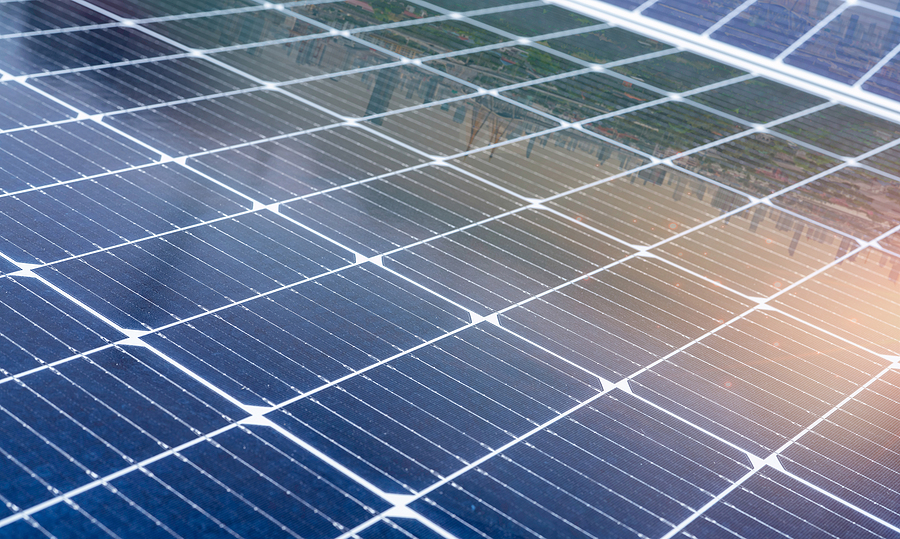
A Growing Need
As the utilization of solar panels and other renewable energy sources continues to grow, it is expected that e-scrap recyclers will soon need to manage an influx of related materials at processing facilities.
Sustainable Electronics Recycling International (SERI) has recently drafted R2v3 standards aimed at providing comprehensive guidance on efficient methods for environmentally safe disposal and effective procedures specifically tailored for solar panel recycling.
The draft outlines specific criteria that must be fulfilled to ensure successful repurposing of solar panel components.
ERI Notes an Uptick in Solar Panel Recycling
John Shegerian, co-founder, and executive chairman of the nationwide electronics processor ERI, made an announcement regarding ERI’s weekly recycling output of solar panels. He reported that his firm receives enough quantity to fill up an entire semi-truck trailer, week after week.
Yet, according to him, this feat only scratches the surface, “This is just warm up to the game.” Further asserting that “this is just the tip of the iceberg.”
Over a span of roughly three years, ERI has been diligently developing newer techniques for successfully recycling solar panels. The company’s approach involves beginning by removing aluminum frames before “size-reducing the panels in modified shredders.” This all occurs while considering essential steps such as separating glass from metals, which helps minimize harmful emissions.
Shegerian stressed the importance of adding PV Modules to the R2 Standard by stating that, “It’s always helpful when more certifications come in and help put guardrails around what really the word ‘responsible’ is.”
A Vast Mix of Materials
Recycling older or less efficient photovoltaic panel (PV) models has become a necessity, as many solar panels are approaching the end-of-life stage.
E-scrap News featured an insightful piece on this matter which was published last year. The article included thoughts from Melissa Ann Schmid about EnergyBin’s exchange program relating to used equipment for solar power electricity generation.
According to her explanation about crystalline silicone photovoltaic panel composition, these panels are comprised of mostly glass, but also contain other materials like plastic, along with small quantities of aluminum, silicon, copper, silver, tin, and lead.
While it may be easy to recycle the aluminum frame and copper wiring, extracting materials like silver, copper and silicon from cells covered in protective ethylene vinyl acetate (EVA) plastic is more difficult.
SERI Defines Complex Aspects of Solar Panel Recycling
For photovoltaic modules, SERI’s proposal defines the technology and introduces solar cells under its “Focus Materials” subsection. Moreover, in modifying R2 Equipment Categorization, it has included a degree of performance created exclusively for PV modules. Additionally, “Appendix G” acts as a tutorial for integrating novel material into established standards.
As per SERI’s report, solar panel technology is abundant and diverse because it can range from older modules, installed more than twenty years ago, to those which have been recently manufactured and function optimally.
The April edition of SERI’s newsletter observed that the R2 Standard seeks “to reflect the evolution of our industry and the constantly advancing stream of technology.”
“One important thing we’ve learned from a decade-plus of working toward electronics sustainability is that the best time to address a problem is before you have a problem,” the newsletter noted. “Where the R2 Standard was created to try to deal with an existing e-waste challenge that was only growing, PV modules present an opportunity to proactively address a waste stream before it becomes a global problem.”
The Technical Advisory Committee Open to Feedback
Having spent two years crafting the new R2 update, the Technical Advisory Committee is now seeking feedback from members of society until June 12th. In case any significant alterations result from these opinions, a revised document will be released for additional audits and observations.
